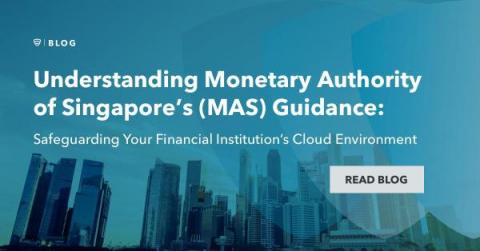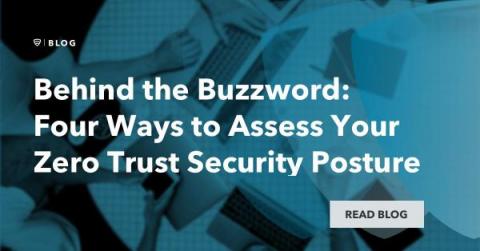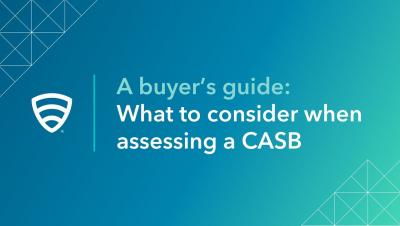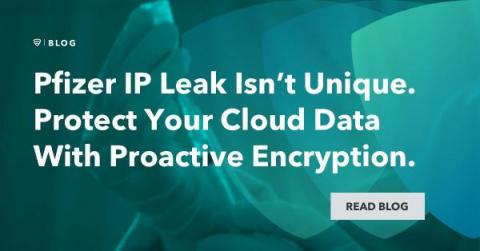Security | Threat Detection | Cyberattacks | DevSecOps | Compliance
Lookout
Mobile malware will become (even more of) a business
Endpoint Enigma | Is 2022 the Beginning of the End of On-Prem Security?
Endpoint Enigma | Let's Get Real About Zero Trust: How To Assess Your Security Posture
Your Data is Everywhere: Here are the Critical Capabilities of a Modern Data Loss Prevention (DLP)
In some ways, IT teams had a great life in the early 2000s. Data was stored inside data centers and accessed through known ingress and egress points like a castle with a limited number of gates. As a result, organizations had control over exactly whom and what devices could access company data. This is no longer the case. With users accessing cloud applications with whatever networks and devices are at their disposal, those defense mechanisms have become inadequate.
Understanding Monetary Authority of Singapore's (MAS) Guidance: Safeguarding Your Financial Institution's Cloud Environment
As a major financial hub in Asia and globally, Singapore is very aware of the challenges facing the financial industry, especially the accelerated digital transformation that stemmed from the COVID-19 pandemic. In response to the sector’s increased exposure to cloud technology, the Monetary Authority of Singapore (MAS) has released a guideline to address cybersecurity risks associated with the adoption of public clouds.
Behind the Buzzword: Four Ways to Assess Your Zero Trust Security Posture
With just about everything delivered from the cloud these days, employees can now collaborate and access what they need from anywhere and on any device. While this newfound flexibility has changed the way we think about productivity, it has also created new cybersecurity challenges for organizations. Historically, enterprise data was stored inside data centers and guarded by perimeter-based security tools.
What to consider when assessing a CASB with Aaron Cockerill
Pfizer IP Leak Isn't Unique. Protect Your Cloud Data With Proactive Encryption.
The pharmaceutical company Pfizer recently acknowledged that thousands of internal documents were leaked, including trade secrets related to its COVID-19 vaccine. In a California lawsuit, Pfizer stated that a former employee had exfiltrated sensitive data to their personal cloud accounts and devices while they were still working there.
How to Keep Your Data Secure in Light of Apache Log4j Vulnerabilities
In quick succession in December, The Apache Software Foundation released information on two critical vulnerabilities in its Log4j Java-based library. The first vulnerability CVE-2021-44228, also known as Log4Shell or LogJam, was reported as an unauthenticated remote code execution (RCE) vulnerability. By exploiting how the library logs error messages, it could lead to a complete system takeover.











